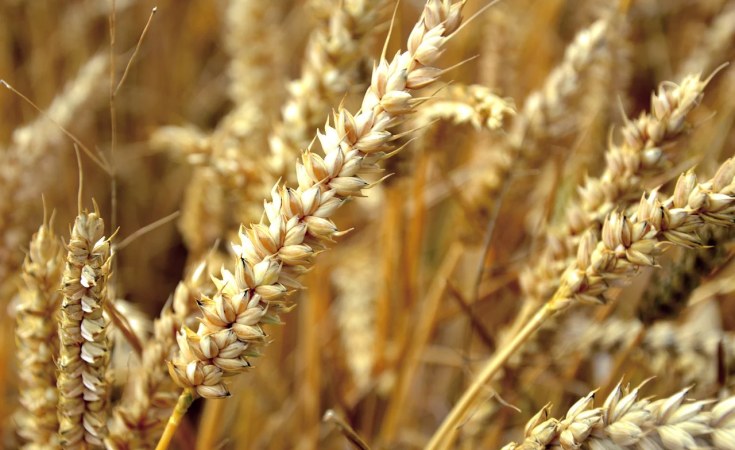Years have passed since Ethiopia began exerting maximum effort on wheat development with the initiation of its Prime Minister Abiy Ahmed (Ph.D). As a result of attention paid to the initiation, currently it could cultivate wheat not only in the main rainy season (June to August) but also in the summer season through irrigation.
Indeed, it is essential to focus on this crop as it is the input for various food items including bread, cakes, cookies, pasta, macaroni, porridge and others which are easy and quick to prepare. It is the main dish for all families not only in Ethiopia but also elsewhere across the globe.
According to the Ministry of Agriculture, one million hectares of land have been covered with seeds for summer irrigated wheat cultivation this fiscal year. State Minister of Agriculture Meles Mekonen (Ph.D) disclosed that as Ethiopia is very suitable for wheat production, it is working to make it effective by carrying out wheat cultivation in three rounds a year. So far, more than one million hectares of land has been covered with seeds through summer irrigation wheat cultivation.
He explained that more efforts are being made to increase wheat production and productivity this year. It is planned to harvest 147 million quintals by covering three million hectares of land with wheat crops this year through irrigation alone.
Earlier, since there was a huge gap between wheat production and supply due to the increasing demand associated with the surge in urban population, wheat importation was mandatory to fill the gap. The State Minister said that the country used to spend no less than one billion US dollars annually to import wheat. Recently however, it was possible to avoid this cost due to the focus on wheat cultivation in the last four years.
True, it does not suit Ethiopia to be called a country that is supported by wheat while it has the potential to develop. This wheat development has enabled it to meet its domestic consumption by itself and also supply it to the foreign market. This success should be taken as a part of the revolution against poverty. It is not achieved as easily as we talk. Rather, it required the government to go a long distance in research, demonstration and awareness creation among farmers in different parts of the country.
The challenge was convincing the farmers to bring their farmlands to a cluster scheme instead of struggling on small plots of land with insufficient outcome. Besides, the government has gone further to introduce wheat to new areas that had not been familiar with its cultivation like in Afar region in the Awash Valley. Through time, other regions also gained lessons and began to engage in wheat cultivation either for the first time or intensifying the existing experience and upgrading their performance.
Moreover, it is necessary to think that there will be many more challenges in the effort to increase the production and productivity of wheat as the State Minister pointed out that damage caused by pests and diseases is a big challenge since using modern methods. To prevent the diseases, the work of training and coordinating field deployment of experts is being done.
As of the State Minister, in the last four years, extensive work has been done to cultivate wheat. He said that it has been possible to achieve more than the plan every year due to being able to work with focus and coordination from top to bottom.
The effort exerted in the scheme testifies that the government is committed to intensify the wheat revolution as a part of securing food self-sufficiency. Not only that, it can be taken as a benchmark to replicate the experience gained in wheat to other crops and thereby assuring food security.
THE ETHIOPIAN HERALD SATURDAY 25 NOVEMBER 2023


